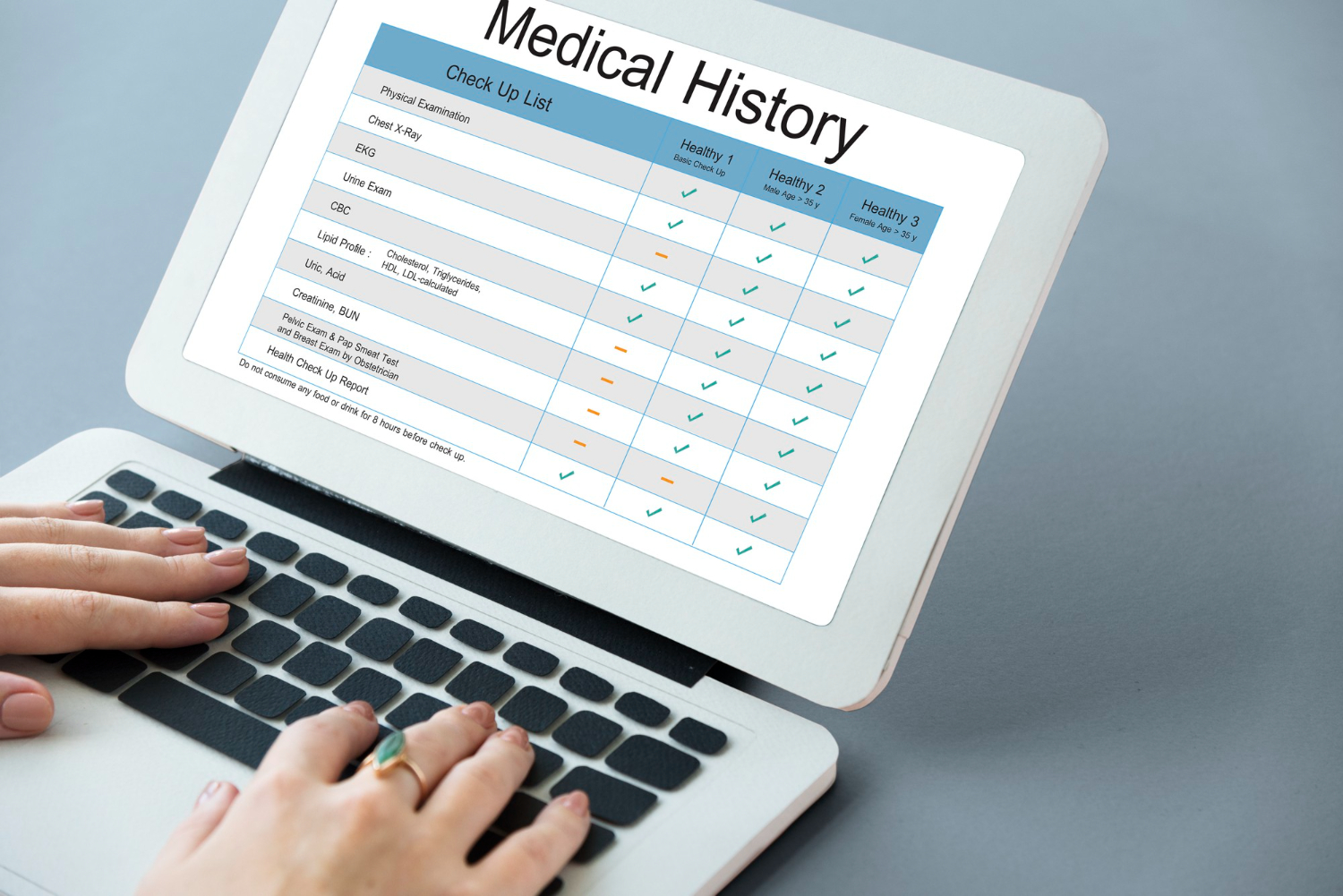Medical record review is more than a simple administrative function—it’s a critical process shaping decisions across healthcare, insurance, and legal industries. From verifying patient history in malpractice claims to ensuring compliance with strict regulations, every review carries a weight of responsibility. However, with increasing complexities in medical documentation, organizations face a crucial dilemma: should they manage medical record reviews internally or seek specialized outsourcing solutions?
The Growing Challenges in Medical Record Review
Handling medical records is no easy feat. The healthcare landscape is riddled with fragmented data sources, multi-format records, and evolving compliance standards like HIPAA. On top of that, operational hurdles such as cost constraints and resource limitations only add to the struggle.
Recent statistics paint a concerning picture:
- As per PhRMA reports, 41% of insured Americans encounter obstacles to accessing care, and this percentage climbs even higher for mental health (59%) and respiratory conditions (62%).
- There was a 6.2% increase in out-of-pocket healthcare costs in 2024 as per NIH, while 18% are weighed down by medical debt.
- Reportedly, 90% of consumers demand greater accountability from insurers and Pharmacy Benefit Managers (PBMs), citing inefficiencies in medical record processing and insurance claims.
These figures underscore the urgent need for efficient medical record review processes—ones that minimize delays, prevent errors, and ensure seamless claim approvals.
In-House vs. Outsourced Medical Record Review: Weighing the Options
Organizations evaluating record review solutions must weigh several factors, including cost, control, efficiency, and compliance. Here’s a comparative breakdown:
| Feature | In-House Review | Outsourced Review |
| Cost | High (salaries, training, infrastructure) | Lower (pay-per-case or subscription model) |
| Control | Full internal oversight | Moderate, dependent on vendor |
| Expertise | May lack specialized knowledge | Access to expert medical reviewers |
| Turnaround Time | Can vary based on internal workload | Typically faster due to dedicated teams |
| Data Security | Managed internally with direct compliance oversight | Vendor must meet HIPAA and security standards |
| Scalability | Limited by internal capacity | Highly flexible, adjusts to workload demands |
| Compliance | Requires ongoing regulatory training | Ensured by specialized vendors |
| Efficiency | Potential slowdowns due to multitasking | Streamlined, faster processing |
Key Considerations Before Making a Decision
1. Selecting the Right Outsourcing Partner
If outsourcing is the preferred route, selecting a vendor with deep expertise in healthcare, legal, or insurance-based medical record review is essential. A credible provider should have:
- A strong track record backed by case studies and client testimonials.
- Adherence to HIPAA and stringent data protection protocols.
- Advanced technology solutions for secure and efficient record processing.
2. Defining Clear Objectives
Whether managing medical record reviews in-house or outsourcing, setting well-defined goals is crucial. Organizations should outline:
- Expected accuracy levels.
- Turnaround time requirements.
- Performance metrics such as error rates and claim approval rates.
3. Establishing Strong SLAs
Service Level Agreements (SLAs) should clearly define:
- The scope and complexity of medical records to be reviewed.
- Specific performance expectations, including accuracy and speed benchmarks.
- Accountability measures, including penalties for non-compliance.
4. Ensuring Ongoing Communication
Consistent check-ins and feedback loops between teams and outsourcing partners help address concerns, track progress, and improve workflow efficiency.
5. Monitoring Performance and Outcomes
Regular performance evaluations help determine if the chosen strategy—whether in-house or outsourced—is delivering optimal results. Organizations should track:
- Accuracy of medical summaries.
- Turnaround time improvements.
- Cost savings and resource allocation efficiency.
Case Studies: Solving Real-World Challenges in Medical Record Review
Optimizing Underwriting for Healthcare Providers
A medical exam management company struggled with:
- Slow retrieval and summarization of medical records.
- Shortages of skilled underwriters.
- Complex psychiatric and handwritten records leading to frequent insurance rejections.
Solution: By integrating both onshore and offshore teams—including nurses and pharmacists for specialized reviews—the company streamlined its operations, significantly reduced turnaround times, and improved report accuracy.
Processing High-Volume Legal Medical Summaries
A global law firm handling a 150,000-page medical document review for a class-action lawsuit faced challenges like:
- Data misrepresentation.
- Privacy concerns and regulatory compliance risks.
- Lack of efficient tools to extract key medical details.
Solution: The firm implemented a custom-built IT system with legal and medical expert reviewers, real-time data tracking, and web-based accessibility, ensuring timely and accurate case processing.
The Bottom Line: Why Strategic Medical Record Review Matters
Medical record review isn’t just about processing documents—it’s about accuracy, efficiency, and compliance. Whether an organization chooses to keep it in-house or outsource, the decision must align with its operational needs and long-term objectives.
Partnering with experts like Bolster Legal ensures access to specialized virtual paralegals, robust compliance measures, and cutting-edge technology for efficient and secure medical record reviews. By optimizing these processes, organizations can enhance patient care, expedite claims processing, and mitigate legal risks—turning medical record review into a powerful tool for success.

